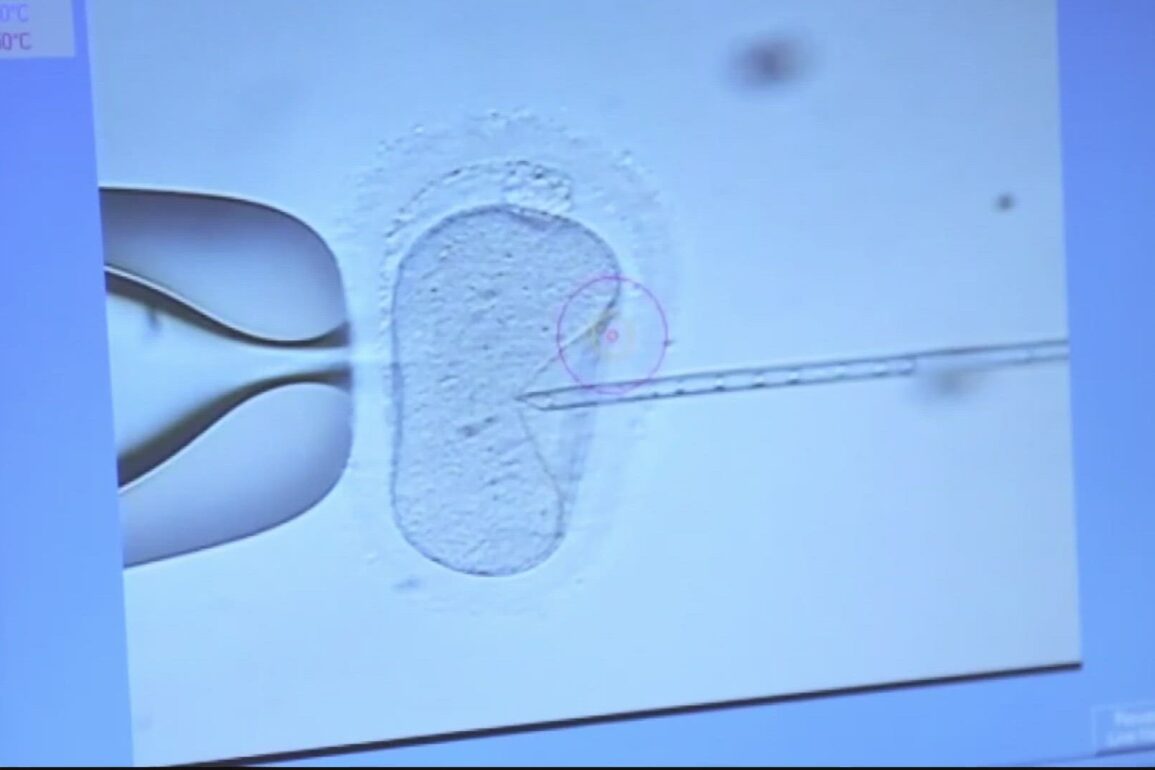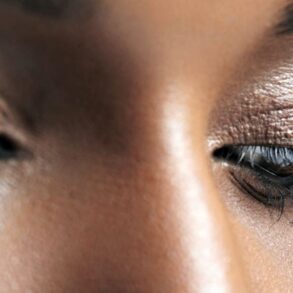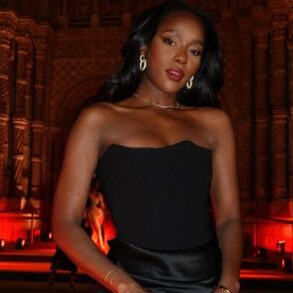A shortage of Black sperm donors is forcing some women to make a difficult decision about what their future family looks like.
WASHINGTON — Ever since Jamila Galloway was a little girl, she knew she wanted to be a mom. Galloway said she treated her dolls like children. She made clothes for them and even asked her mom to babysit them.
As much as Galloway had that draw to be a mother, she wasn’t ready for that chapter in her life during her 20s. Finally, during the pandemic, she made the decision to start a family, as a single mom by choice.
“I just kept thinking about my own family unit, wanting to have a child,” Galloway said. “I’m not sure if I want to do this solo, but time is ticking.”
But when she searched through cryobanks for a sperm donor, she ran into a problem: a lack of Black donors.
“Scarcity. I mean there just wasn’t a lot of what I was looking for,” she said.
Angela Stepancic and her wife faced the same issue.
“We only had 12 options across all sperm banks in America,” Stepancic. said. “That can almost shut the door in your face before you start running.”
The couple welcomed a baby girl after choosing a donor who wasn’t Black, an experience that moved Stepancic to create change. This winter, she plans to bring the first Black-owned cryobank in the country to Washington, D.C.
“I think as a Black woman in America, you get used to losing options a lot of the time,” Stepancic said. “What I decided to do with that feeling of loss, was really ensure that no other woman or family would have to go through that again,” she said.
When Reproductive Village Cryobank opens its doors, it will focus on recruiting Black sperm donors, and will look to answer the question of why Black men aren’t donating.
The percentage of Black sperm donors at cryobanks in the U.S. ranges from two to four percent, according to a recent analysis from The Washington Post. WUSA9 found the same results in our own search through donors of the four major sperm banks in the country. Hundreds of options turn into just a handful when you narrow your search to Black donors.
The shortage is troubling for some Black women looking to expand their families. It forces them to make a difficult decision between having a baby of a different race, or not having a baby at all.
Dr. Mark Payson is a fertility doctor at CCRM Fertility in Northern Virginia. He says he has been hearing about the shortage of Black sperm donors from his patients of color for years. Those patients have shared how difficult it is to find a Black donor. And if they do find one, Payson said they have to reserve a vial quickly, because it could be gone the next day.
“To have to come to me is a loss in the first place, because no one wants to go through fertility therapy,” he said. “Then to have an additional struggle where it’s hard to find a sperm donor that is what you’re wanting, it just adds another burden.”
That burden brought Galloway to the realization that her own family may not reflect the Black family and culture she grew up in.
“It’s not to say I would have a problem, I just wanted the option to select what I wanted for my family makeup,” she said.
While Galloway is still on her journey to becoming a mom, she is helping launch RVC.
“The way a lot of the cyrobanks were designed, was not for us,” Galloway said. “We’re in the process of redesigning something for us.”
Stepancic says RVC’s mission is to make the donor process one that doesn’t feel so transactional. That includes supporting Black men and connecting them to healthcare resources.
“There’s much more to a man than his sperm,” Stepancic said. “We want to make sure he has body health, because otherwise nothing is healthy.”
The shortage of Black donors is an issue existing cryobanks are aware of. California Cryobank says it has made a number of changes to recruit more minority donors. Those changes include improved marketing campaigns, community outreach and research.
More Videos
California Cryobank said it believes geography is the answer to eliminating this shortage. That’s why the company says it recently opened three additional collection sites in cities in North Carolina and Florida that are more diverse, including Greensboro, Durham and Jacksonville.
“This isn’t something that people get on planes for,” said Mike Large, VP of donor gamete services for California Cryobank. “We have to be in the community where the donors that we’re interested in live.”
Large says although his company is taking steps to combat the issue, he applauds an organization like RVC that is looking to make a change.
“As far as we can tell, this is an underserved population,” Large said. “There are people who are relying on sperm banks to build their family. We’re a necessary part of that journey and as of today the industry is not meeting their needs.”
Seattle Cryobank provided WUSA9 with the following statement:
We have noticed the lack in availability of sperm donors, and especially in donors of color. We are sensitive to this and have put effort into our donor recruiting to help increase donor options for our intended parents. Some things we do include, making sure our materials feature donors of color, reaching out to multiple on campus organizations when promoting on college campuses, and reaching out in the community (at both rock climbing gyms and boxing gyms). We know this is a multifaceted issue and we continue to look for ways to reach out to potential donors and express the importance of their donations to families who are waiting.
WUSA9 also reached out to Xytex and Fairfax Cryobank about this issue but did not hear back.
This post was originally published on this site be sure to check out more of their content.









